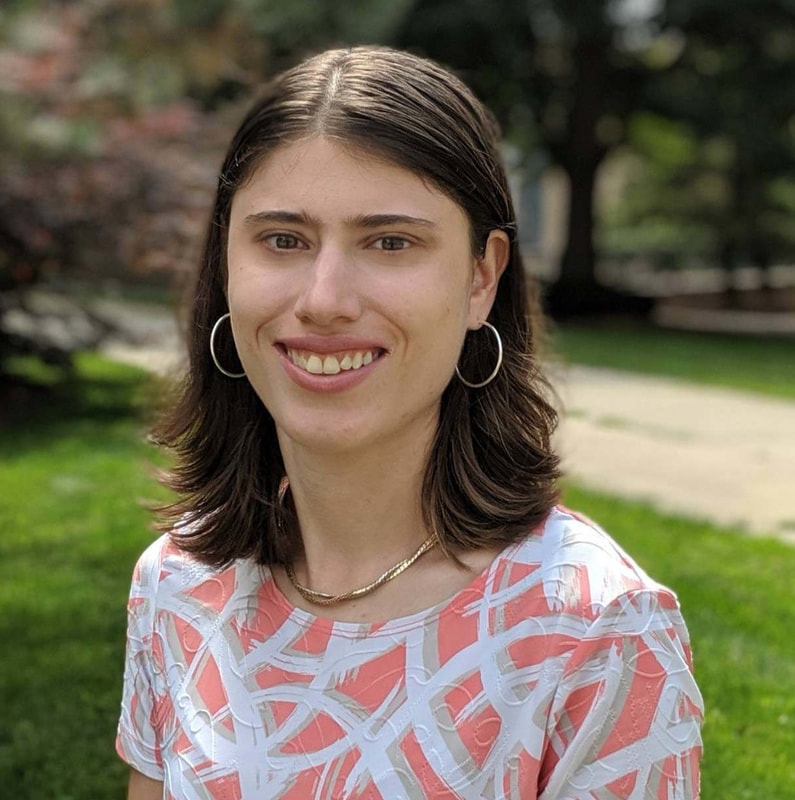10/29/2020
By Mari Gades
Years ago I started this blog so that I could learn how to write better for an audience that wasn’t mainly academics and scientists. I have to write for an academic audience every day as a graduate student (yearly reviews, papers, presentations, etc.) and what I really love about science is being able to share it with people who don’t know as much about it.
This summer, I heard about the National Association of Science Writers’ (NASW) Virtual Mentoring Program for undergraduate and graduate students, and signed up on a whim.
A lot of my favorite decisions have been “on a whim,” and this was no different. Ninety-eight undergraduate and graduate students were paired with volunteer mentors in the field of science communication (news writers, public relations for universities, etc). Over the course of the summer, we “met” as a large group online to go over the basics of how to choose a topic, write a pitch, and write/edit our news stories. I did not realize how much I needed someone to just TELL me the basics of science writing, rather than having to spend hours piecing it together myself from differing how-to sites on the internet.
We also, importantly, met with our individual mentors to hone our ideas and our craft. My mentor was Jeff Grabmeier, the Senior Director of Research Communications, Media, and PR for The Ohio State University. Brainstorming and editing sessions helped me learn about the tone of journalistic science writing and the editing/fact-checking process. The best part was getting to chat with someone who does this for a living, getting advice, and receiving positive feedback about my own writing.
Let me tell you, it feels good to hear a professional tell you that your writing is good and on the right track.
In academia, we almost exclusively talk about publishing academic papers to peer-reviewed journals. There is so much pressure put on having your name in an author list in academic journals. But there was a special joy I felt in seeing my article published among the other students from the summer program.
11/10 would suggest everyone sign up for that interesting-sounding opportunity. Trust the “on a whim” gods and accidentally do something cool.
I wrote my article on a study suggesting possibly-toxic levels of roadside salts being found in monarch habitats and caterpillars.You can read by clicking here! I’m pretty pleased with the final result and am just very excited to have something published.
My and other student work can be found at the shiny new NASW Student Newsroom Website.
.



Leave a Reply